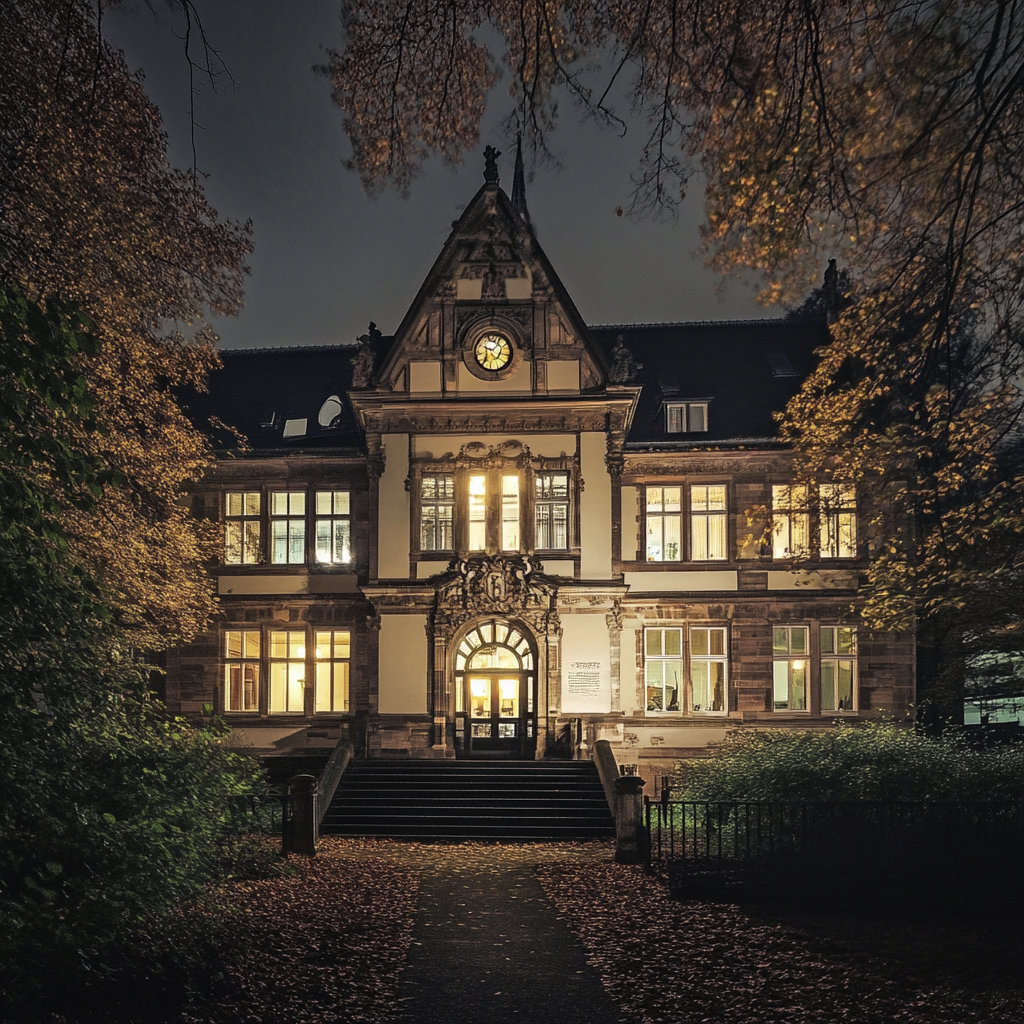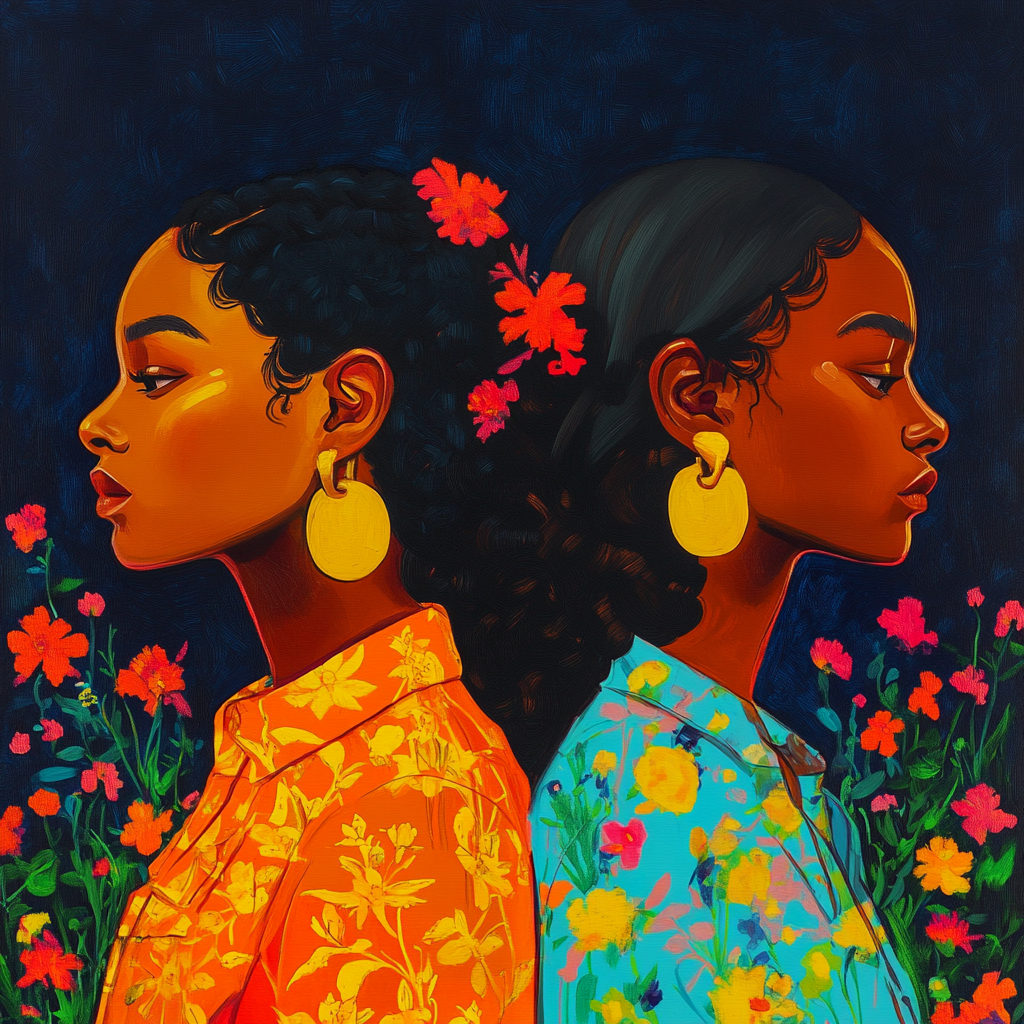The Dortmund Museum had made headlines in 2023 with a bold decision: dedicating an exclusive day for BIPOC (Black, Indigenous, and People of Color) visitors to experience their latest exhibition, That is colonial. The goal? To create a protected space where marginalized voices can engage with the exhibition without discomfort or outside judgment. While the intention is clear, the move has sparked mixed reactions both online and offline.
Social media was buzzing with strong opinions on both sides. Some have compared the museum's initiative to historical segregation, using sarcasm to suggest it mirrors past racial divisions. Others have gone as far as calling it a "racism scandal," questioning how people would react if the roles were reversed.
At first glance, separating people by race may seem like a return to segregation. But comparing this initiative to racial segregation during colonial rule or the Jim Crow era oversimplifies history.
Segregation in places like the U.S. and South Africa was state-enforced and driven by the belief that one race was superior to another. It was a system designed to disadvantage marginalized groups in education, housing, voting rights, and public spaces. The Dortmund Museum's initiative, on the other hand, is not about exclusion-it's about creating a temporary space for healing and reflection for those directly impacted by colonial history.
In one older videos by Hsaron, we discussed Race Theory and how it helps us understand racism beyond individual acts of hate. Racism isn't just about people being mean to each other-it's built into laws, institutions, and social structures, often in ways that benefit one group over another.
When looking at the reactions to the museum's decision, Race Theory encourages us to ask deeper questions: Are our views influenced by long-standing biases? Do we only recognize racism when it's overt, or do we see how it also operates in more subtle, systemic ways?


Ciani-Sophia, an anti-discrimination expert, firmly states that "reverse racism" is a myth. While white people can experience discrimination or prejudice, she explains that racism is a system rooted in centuries of power, economy, and culture. It has historically been used to oppress marginalized groups-not the other way around.
The Dortmund Museum's goal is to provide a space where people who have experienced racism can engage with the exhibition freely-without the presence of those who have historically benefited from colonial systems. The initiative aims to encourage open dialogue and reflection in a setting that feels safe for those most affected by the subject matter.
The museum's decision brings up important discussions about how we acknowledge history while fostering inclusivity. The real challenge is finding a way to address past injustices while still promoting collective understanding.
So, let's reflect:
Have there ever been race-based systems that were designed to oppress white individuals?
If acknowledging white violence makes you uncomfortable, does ignoring it also contribute to harm?
If you're not part of the BIPOC community, does missing out on one museum day really disadvantage you when you still have six other days open to everyone?
And for those who are BIPOC, does this initiative make you feel heard and valued?
Let's talk-drop your thoughts in the comments!
Desta - Decolonial city tour
+49 152 2108 6724
info@dekolonialestadtfuehrung.de or info@decolonialtours.com
Are you a journalist and interested in writing about us? Please feel free to contact us.
Imprint | General Terms and conditions | Privacy policy | © Copyright 2025 deSta- Decolonial city tour